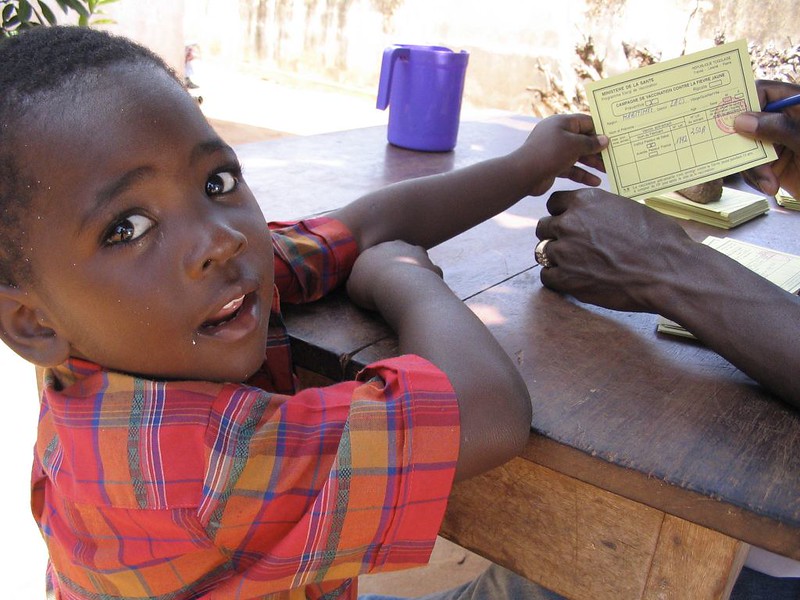AMVA: An Initiative to Expand Vaccine Manufacturing in Africa
 A summit held in Paris on June 20, 2024, announced the launch of the African Vaccine Manufacturing Accelerator (AVMA), an initiative that will provide $1 billion in funding for vaccination manufacturing in Africa by 2030.
A summit held in Paris on June 20, 2024, announced the launch of the African Vaccine Manufacturing Accelerator (AVMA), an initiative that will provide $1 billion in funding for vaccination manufacturing in Africa by 2030.
AMVA Launch
GAVI has officially launched its innovative financing system, the African Manufacturing Vaccine Accelerator (AMVA), in an effort to increase the vaccine manufacturing industry in Africa. The aim is to prevent outbreaks, promote health and prepare for pandemic response. The African Union, along with the French government and members of the European Union, will contribute more than $800 million toward the diversification and improvement in the accessibility and distribution of vaccines locally within the continent.
Supplying a Continent in Need
Africa remains the least vaccinated continent, importing 99% of vaccines yet manufacturing less than 1% globally. With a population of more than one billion, the impact of COVID-19 brought a harsh reality upon much of the region. By the end of 2021, 50% of the world was fully vaccinated compared to only 7% of the African population. Many countries faced issues with supply, lack of funding and logistics and inadequate distribution, creating challenges in obtaining a sustainable vaccination program. This resulted in a push for change in becoming self-reliant.
Therefore, the Partnership for African Vaccine Manufacturing (PAVM) was launched in 2022 by the African Union and managed by the African Centers for Disease Control and Prevention (African CDC), also a stakeholder in this new accelerator initiative. Currently, more than 56% of Africans have reached full COVID-19 vaccination; while this is an achievement, more work needs to be done. Africa needs to begin manufacturing vaccines in order to continue this progress.
How AMVA Operates
AMVA will use financing to encourage manufacturers to invest in Africa. It offers two incentive types: the milestone payment and the accelerator payment. The milestone payment is issued for producing vaccines listed as a priority by GAVI for treating diseases such as Cholera, Malaria, Measles-rubella, hepatitis B, Yellow Fever and Ebola.
In contrast, the accelerator payment is a “pay per dose” option that is paid upon delivery of vaccines purchased through the United Nations Children’s Fund (UNICEF) tenders. All manufacturers must submit an application to GAVI for an assessment and prequalification process. Additional requirements are that vaccines must be fully manufactured in Africa or the fill and finishing process must be handled at a facility in Africa.
Looking Ahead to the Future
The goal of PAMVA is to meet 60% of the continent’s vaccine requirements by 2040. This vision will not come without challenges, though. About $30 billion in funding is needed for this strategy and many African countries have different struggles, from issues with unreliable pricing to negotiating contracts to a lack of budget and expertise in vaccine procurement. This plan is going to take time, training and careful planning, but this could be the start of a major shift in reshaping Africa, saving lives and advancing the economy.
– Tanita Love
Tanita is based in Chicago, IL, USA and focuses on Technology and Solutions for The Borgen Project.
Photo: Flickr
